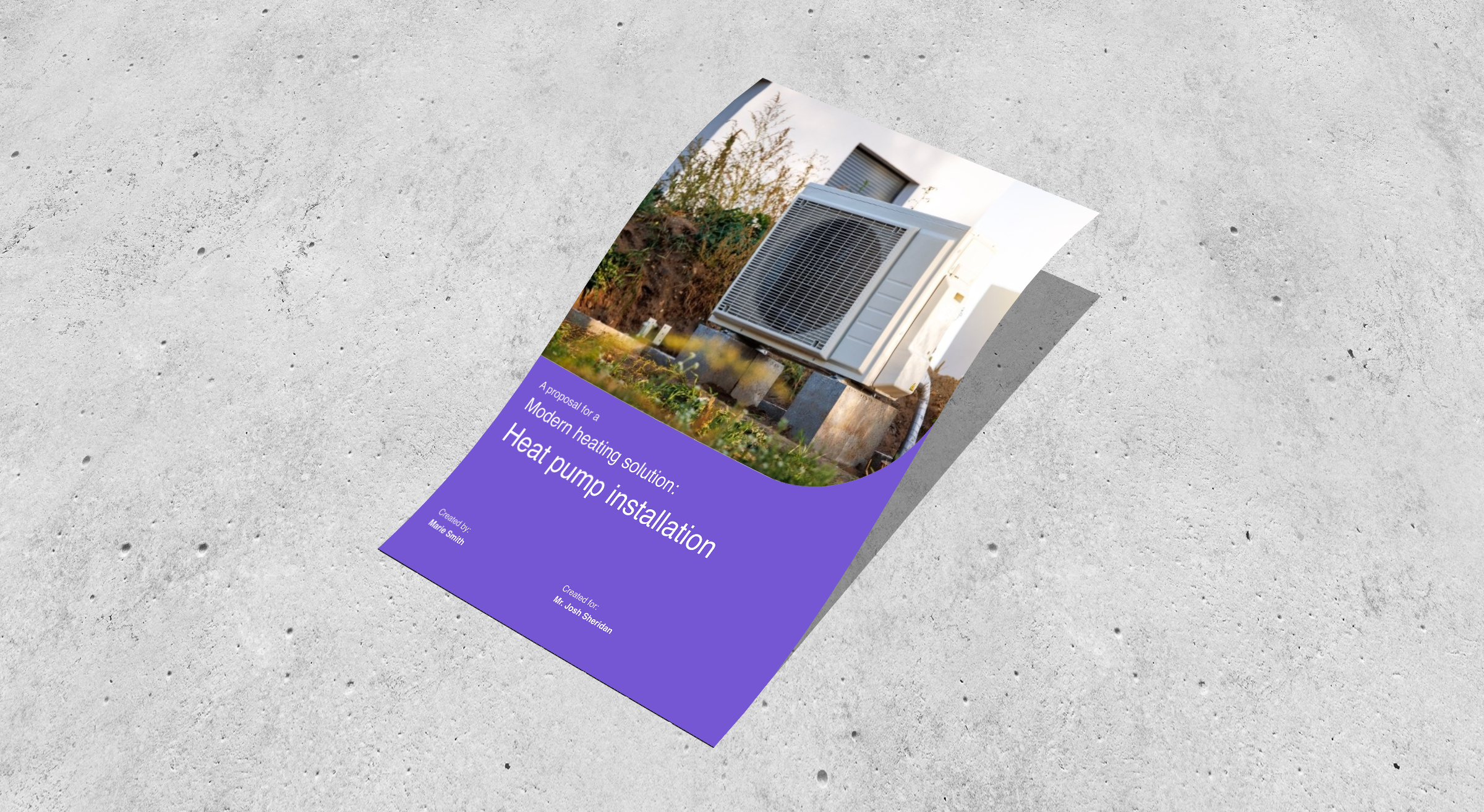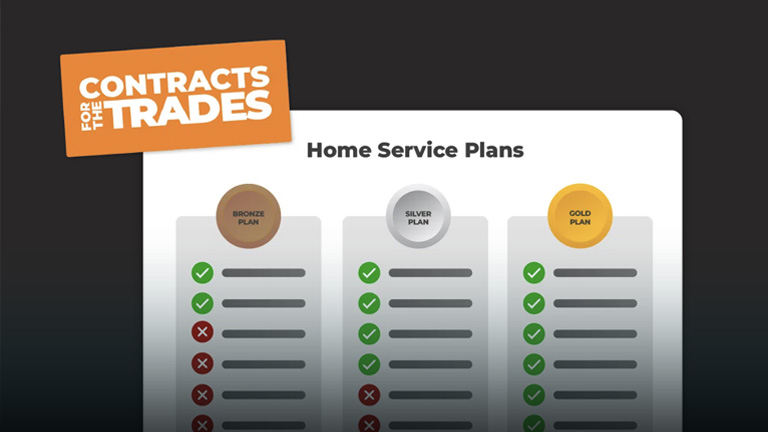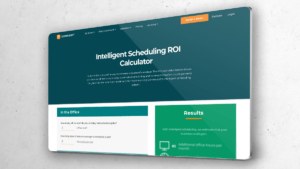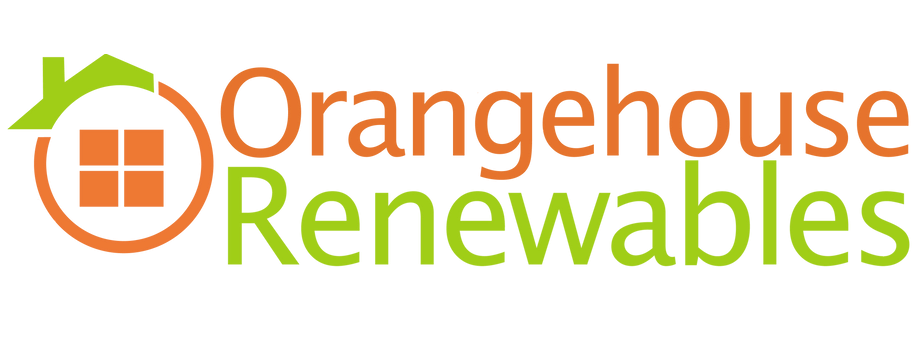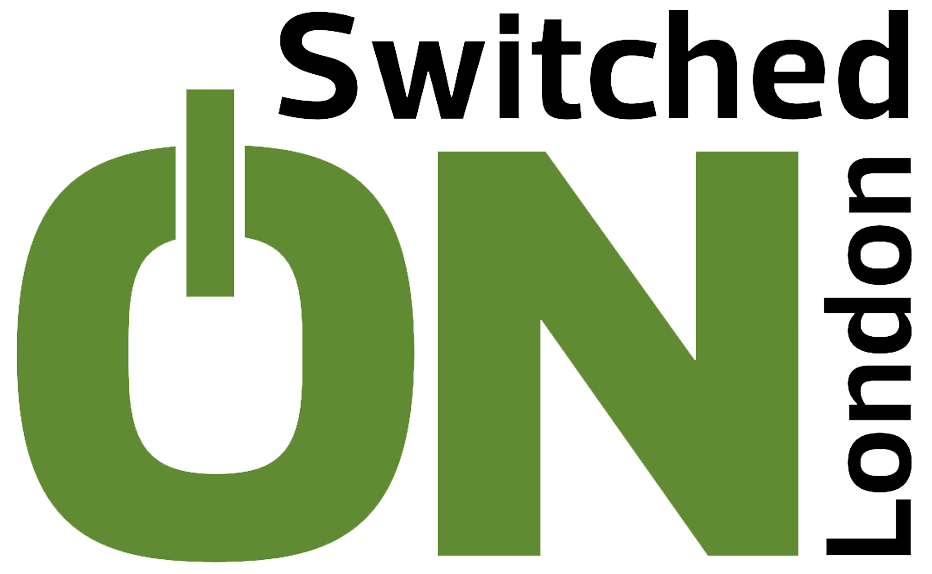3 Ways to Improve Time Management for Your Field Service Business
December 15, 2020 | Read: 9 minutes

Time’s a funny old thing, isn’t it? Some days it can really drag, while on others it zooms past in a flash. In either case, it can be a challenge to manage, especially if you want to improve time management…
You could probably list at least 10 time-related quotes off the top of your head without trying, right?
- “Time is money.”
- “Time is of the essence.”
- “All we have to decide is what to do with the time that is given us.”
The list goes on.
That in itself is a testament to just how concerned we are with time.
After all, people have been philosophising, joking, and giving advice about time for millennia! Whether it’s personal or professional, we’ve all wished we had more, or that we could put it to better use.
While questions about how to improve time management are important, it’s probably best if I avoid getting too philosophical today!
However, what I can do here is provide insight into the best ways you can manage your time more effectively…

3 Ways to Improve Time Management:
Having a better way to organise an engineer’s schedule is great.
Making use of reminders is even better and tracking diaries to keep everyone on target is a true mark of excellence.
All this is possible with field service management software.
Let’s see how you can treat time like the valuable resource it is:
1. Take the time to understand what’s holding you back
If you want to be more efficient, the first step is to understand what’s slowing you down.
That means asking a lot of practical questions about your service business.
Whether it’s connecting the right wires, or tightening nuts and bolts, you and your team know that a great end result is made up of the sum of its parts. You want every bit to be great, but it can be tricky, especially if time’s not on your side.
In addition (and often inevitably), time and team management becomes more challenging when you have to look out for a growing team of people. The types of jobs you do can vary greatly, and some staff will be working out in the field, and others in the office; this makes it a challenge to keep everyone in the loop as time ticks on by!
Time, after all, is money and it makes sense you’d want to keep a careful eye on both.
Questions you can ask to figure out problems:
- How can I increase the chance that a customer will book with my business?
- How much time is spent travelling to each job and how much onsite?
- What’s the best way to identify if an engineer is free to take on an urgent job?
- What is the best way to combine several service visits?
For those points above, you may already be on the right path to getting some answers. You might be interested to find out more about things like intelligent scheduling—which can help you reduce travel time by optimising diaries.
Alternatively, online bookings tools could be of interest.
These make it easy for customers to both inquire and arrange services through your website.
The solution starts with thinking about the individual touchpoints between the customer and your business that directly impact these aims. By optimising the customer journey, you’ll eliminate obstacles customers hit when trying to hire you.
Take a moment to think about what you might already have in place. That’s particularly if you’ve gone paperless during the last few years. It can mean a significant portion of admin time is likely already being saved and it should be easier to communicate with your customers and colleagues!
Of course, there is always more you can do…
Without a doubt, continuing to innovate will allow your company to realise its full potential.
2. Divide and conquer
There isn’t a tool out there that can let you solve everything in one fell swoop.
However, by dividing what you want to achieve, you can split the goal into more manageable chunks. To make sure you’re acting as efficiently as possible, you’re also going to need to exercise some patience.
After all, it might take a bit of time to get to grips with the full extent of your new potential, but when it comes to cold hard numbers, you’ll soon be seeing your revenue soar so hang in there!
It’s this very reason why New Year’s resolutions are often so hard to maintain. We can often get carried away thinking about the end-goal instead of what we need to do to actually get there, day-by-day, week-by-week.
If you take a methodical approach though, and break down the task into more manageable chunks, you’ll find it easier to succeed.
For instance, let’s say you decided to pick up and learn an instrument.
First, you need to learn the basic chords. From there, you can move on to learn a melody. After you’ve mastered that step, you’ll find it easier to play an entire song. But if you had simply picked it up and tried to play your favourite song straight away, it would’ve been impossible…
The same sort of approach is needed if you want to improve the way you solve problems with service scheduling software and diaries management. Practice makes perfect and to get the most out of something like intelligent job scheduling software: it’s going to take time!
If you’re eager to improve efficiency and even increase revenue, then you need to automate manually intensive tasks. Reconciling complex routes and diary management isn’t exactly a walk in the park, though. You’ll eventually be able to maximise an engineer’s time, decrease driving time, and even save on fuel costs.
However, to get there, you need to make sure that basic, essential information is correctly fed into the system so that the tool can work its magic.
This means organising details like:
- Company address: i.e. it always helps to have a starting point. Whether it’s your office or an engineer’s home, make it clear where an engineer begins their journey and the system can plot out a route that makes sense.
- Service windows: by establishing time slots (i.e. morning, afternoon, or evening) you can set up windows of opportunity. This helps set realistic expectations for your team.
- Shifts – who works what times? If your system has the information to know who’s working and when, as well as when things like breaks and time-off are expected, then it can help find the right person for the job.
This level of information not only means getting jobs booked efficiently, but it can also help indicate when someone might need a break. Add in costs associated with overtime or weekend work, and you’ve got an efficient payment workflow, too!
There are other factors that will play a role here, but getting the basic building blocks right means you can get started resolving complex, time-consuming problems!
This also means you can look ahead and forecast bigger plans by focusing on the work itself, rather than the logistics to get you there. With software taking over repetitive tasks it means minutes are saved and this will culminate into many more hours reinvested elsewhere.
3. Don’t watch the clock. Use software.

A great benefit of working to improve time management is how it helps you deliver efficient services. This keeps you competitive and customers will be sure to appreciate your efforts as a result.
Help is at hand if you have a system that integrates your engineers’ individual diaries with the entire team’s scheduling.
All this without having to watch the clock yourself!
Of course, this will only work to maximum effect if the system is fully synchronized between your head office and your field service engineer app, using their mobile phones or tablets.
The engineers need to be able to see any changes to their schedule in real-time, rather than wait to get updates over the phone, or when they return to their desk.
What’s more: your mobile workforce management made much easier if the engineers can use the same mobile devices to record the completion of a job while out in the field.
By saving time in one way, it allows them to make use of it in others. For instance, when clocking out on a job, their time is automatically entered into the system—together with any parts used—so the central database can compile the information ready for immediate invoicing, all without them having to take many manual steps to get there, reducing the chances of making a mistake, too!
From humble beginnings and all that, right?
The knock-on effect of saving time can be truly powerful!
How to Improve Time Management
Okay, so we aren’t going to win any philosophical prizes, but on the plus side, you’re more likely to save time, particularly when it comes to scheduling!
Besides, you already know that your time is valuable!
If you use yours wisely, you can secure recurring revenue that will support your business, improve customer journeys, and while I know we often say it, no harm in really driving it home that by saving time you can do more of the things you actually find rewarding.
In short: don’t work harder, work smarter with job management software that can support your business day in, day out!
To learn more, take a look at how intelligent scheduling can help your team to book work more efficiently.


